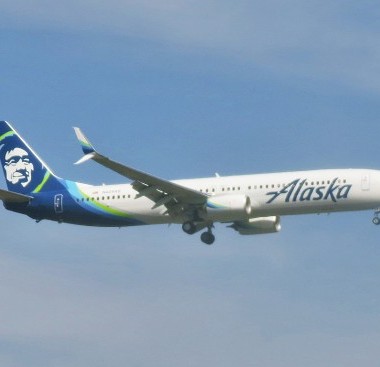Airline CEOs predict loyalty program doom under proposed legislation
The top executives of Delta Air Lines Inc. and United Airlines Holdings Inc. are warning that legislation pending in Congress would devastate popular loyalty programs.
The bipartisan proposal aims to save consumers money by forcing more competition in the lucrative credit card payments processing business. If enacted, it would result in “unbelievable” consumer backlash from its effect on rewards programs, Delta Chief Executive Officer Ed Bastian said in an interview.
“Those cards could no longer receive the funding to be able to invest in rewards-back opportunities,” he said in an interview. “It’s something that we’re watching, obviously.”
The processing payments system is currently dominated by Visa and Mastercard, which collect billions each year from swipe fees. The fees, typically about 2% of a transaction, are paid by retailers but are often passed on to consumers through higher prices.
Major banks that issue credit cards co-branded with airlines buy loyalty program miles or points from the airlines to distribute to cardholders. The airlines also are paid each time the cards are used. Delta expects to receive $7 billion from its program with American Express Co. this year.
“This would kill rewards programs,” United CEO Scott Kirby said on an Oct. 18 conference call. “It would not exist anymore. It’ll kill debit card rewards programs” as well.
Delta is not actively lobbying Congress directly on the issue, Bastian said. Airlines for America, which represents Delta and other large US carriers, is working to defeat the proposal, which it said in a statement would hurt their ability to reward customer loyalty and put “the viability of these programs at risk.”
The Delta CEO knows how powerful a potential backlash to altering loyalty programs can be. The airline rolled back some changes it made to its SkyMiles credit card rewards after irking some of its most loyal customers.
Advocates contend the legislation would only have a modest impact on rewards programs and would save retailers like Walmart, Target and their customers $15 billion annually. US retailers are charged far higher swipe fees than counterparts in many other countries, where regulations are tighter.
They also argue the fees result in higher prices at a time when inflation is a top voter concern.
The bill faces an uphill battle. The banking industry has powerful allies in the Senate, and Republicans on the House committee with jurisdiction have mostly resisted new regulations on banks.
Similar Stories

Lufthansa Cargo and Maersk launch cooperation to support decarbonization of airfreight
View ArticlePort Authority of New York and New Jersey airports see spookily spectacular surge in October
Port of New York and New Jersey surpasses 700,000 TEUs for eighth consecutive month
View Article
airBaltic Cargo partners with cargo.one to accelerate and enhance its digital sales
View Article
Chapman Freeborn agrees partnership with Portuguese multimodal logistics specialist
View Article
Cathay is ready for the commissioning of the three-runway system at Hong Kong International Airport
View ArticleUnited Airlines Holdings Inc. upgraded To ‘BB’; outlook stable
• United Airlines Holdings Inc. is on track to generate credit measures in line with our previous upside rating threshold this year, and we expect improvement in 2025. • The…
View ArticleGet the most up-to-date trending news!
SubscribeIndustry updates and weekly newsletter direct to your inbox!





